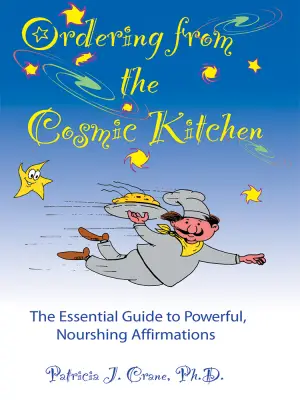I recently finished “The 80/20 Principle” by Richard Koch, and I must say, it was a thought-provoking read that really challenged my perspective on efficiency and productivity. Being a business enthusiast continually seeking improvement in both personal and professional realms, I was drawn to the premise that a small fraction of our efforts can yield the majority of our results. I was curious to see how this principle could be applied not only to business but also to everyday life.
Koch’s exploration of the 80/20 principle, also known as Pareto’s Law, brings to light the idea that 80% of results come from just 20% of efforts. This is something that Scott Dinsmore emphasized in his review, highlighting how the principles in this book can indeed add hours to your day and compound your happiness, a sentiment I completely resonate with. Koch does an excellent job of laying out how we can leverage this principle in various areas of life, from managing our time to maximizing business effectiveness.
One of the book’s strengths is how it illustrates practical applications of the 80/20 principle, making it clear that even minor shifts in focus can lead to extraordinary results. For instance, Koch discusses picking the right customers that drive significant profits, as highlighted in the product description. Realizing how identifying and concentrating on the key 20% can transform outcomes was an eye-opener for me.
However, the book isn’t without its flaws. Some readers, including Rob Kirk, have pointed out that Koch’s work can feel repetitive and bloated at times. I found myself nodding in agreement as I noticed that while there are many valuable examples, they sometimes felt excessive, which detracted from the core message. In particular, the pacing in certain sections could have been trimmed to maintain engagement.
Despite its few shortcomings, the insights gained were well worth it. I particularly enjoyed how Koch encourages readers to analyze their own lives through the lens of the 80/20 principle. This reflective exercise feels more relevant than ever in our time-scarce society, as many of us struggle to balance so many competing demands.
Another aspect worth mentioning is that Koch’s writing style is accessible, and his ideas compelling, making it easier to digest even the more complex concepts. Yet, I agree with Bonnie Hoke-Scedrov’s review that the book’s structure could be better. The exhaustive analysis in the first half can sometimes feel a bit one-dimensional, leaving readers looking for a more holistic view in the latter sections.
It’s this blend of utility and excess that makes “The 80/20 Principle” a mixed bag for some but a transformative guide for others. For someone like myself, who is passionate about continuous learning and personal growth, I appreciated the depth and could see myself revisiting the book to extract further insights.
To wrap up, I found “The 80/20 Principle” to be an enriching read that met many of my expectations. It certainly challenged certain conventional beliefs about productivity and effectiveness that I’ve held, and I’m eager to apply its insights to my daily life. While the book does have some pacing issues and can be a bit repetitive, the actionable advice and core message are worth the read. If you’re looking to make significant improvements in your life with less effort, this is definitely a book to consider. As such, I would recommend it to any reader aiming to unlock their potential and be more deliberate with their time and resources.
Discover the power of the 80/20 Principle and transform your productivity today! >>








